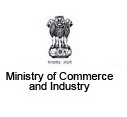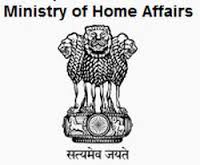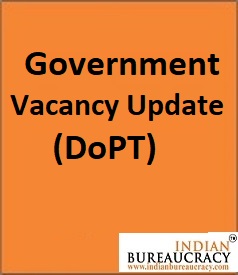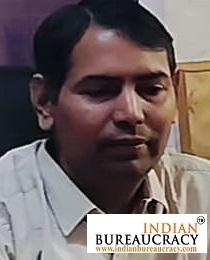Mr. Arvind Mehta, Additional Secretary, Ministry of Commerce & Industry, Government of India, assured Indian industry that the government was in favor of liberalization but at the APEC negotiation table it would be the voice of moderation. India understands that high tariffs are not favorable but at the same time zero tariffs would also hurt the economy. Hence, he urged the industry to recommend appropriate tariff rates that the government could propose at the APEC membership negotiations.
Mr. Mehta was speaking at a Stakeholders’ Consultation on ‘India and APEC: Issues and Options’ organized by FICCI jointly with Centre for WTO Studies. He said that the APEC member countries were creating a narrative that India should take certain policy measures to signal its commitment to APEC’s vision and improve its chances for APEC accession. The narrative may require India to make binding concessions for securing APEC membership. Therefore, it was necessary that industry voiced its opinion with respect to their expectations and apprehensions from India’s membership at APEC. He said that India needs to consider the takeaways from the partnership as well as the losses that it would incur to become a member and added that India may have to propose a Voluntary Individual Action Plan to project its aspirations to member countries to eliminate their concerns.
Mr. Mehta said that India has indicated its willingness to be a member of APEC earlier as well and was re-engaging in the issue but the government needed the industry’s views on how competitiveness, trade facilitation, ease of doing business would be further enhanced to meet the APEC standards. Dr V S Seshadri, Vice Chairman, RIS, said that the Indian Government needs to evolve a framework that clearly defines the expectations, state of India’s readiness and win-win situation for both Indi and APEC. India needs to clearly articulate its interest, purpose and policy positions to approach APEC members. He added that trade gains cannot be the only objective of joining APEC, it would have to be a strategic partnership. Dr Seshadri said that as an APEC member India would have the Business Travel Card which allows business persons to move freely within the member countries without visa.
This would give an opportunity to India to improve its competitiveness, ease of doing business, people to people exchange, business mobility and infrastructure development. He added that India should speed up its efforts to become an attractive investment hub. Mr. Abhijit Das, Head & Professor, Centre for WTO Studies, said that India should consider joining APEC only if it is confident of undertaking reforms in all areas of activities of APEC and has the capacity to engage meaningfully in all areas of APEC activities. He added voluntary and non-binding reforms under APEC could provide the trigger for internal reforms in India. APEC’s non-binding principles in different areas could be useful templates for economic reforms. Mr. Das said that Indian business could benefit from information exchange and knowledge about developments in the most dynamic part of the world.
The Membership would enhance familiarity with emerging global policy issues and best practices. But added that India not as externally oriented as most APEC economies; may not be considered as “cooperative”. Dr A Didar Singh, Secretary General, FICCI, said that India has shown an inclination towards joining APEC and this could greatly benefit the Indian industry. The voluntary and non-binding APEC partnership would allow India to forge free trade agreements and strengthen its supply chain. He added that the Business Travel Card would be one of the benefits which would give greater access to Indian industry.





